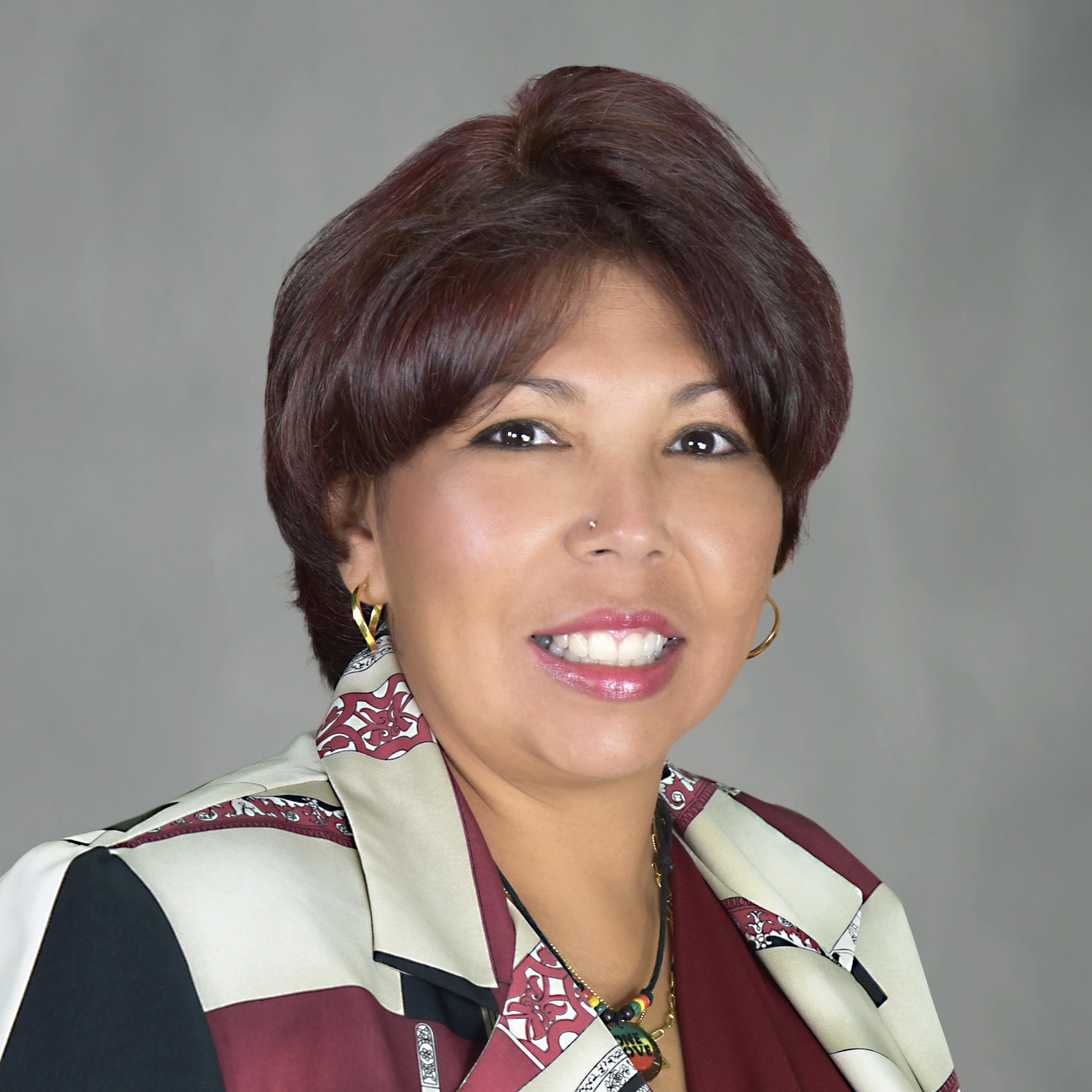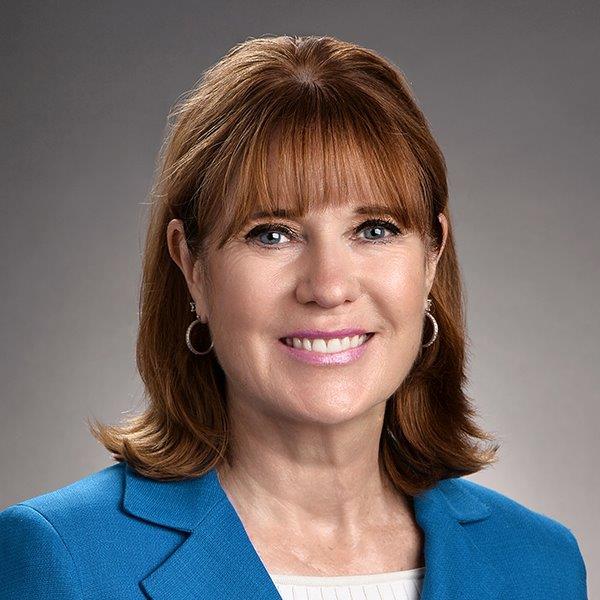Our Vision
Victims and survivors of mass violence must have access to first rate, evidence-based information and services throughout the entire recovery process provided by victim assistance and other professionals who are compassionate, well-trained, and respectful of victims’ needs and wishes.
Our Mission
To improve community preparedness and the nation’s capacity to serve victims recovering from mass violence through research, planning, training, technology, and collaboration
What We Are
The National Mass Violence Center (NMVC) was established in October of 2017 in partnership with the Office for Victims of Crime (OVC) within the Office of Justice Programs, U.S. Department of Justice. The Center is composed of a multi-disciplinary team of scholars, researchers, victim assistance professionals, partner organizations, technical experts, and relevant local and national organizations in a multifaceted team that collaborates with OVC. Our consultant team includes leaders in many fields who have tremendous expertise, knowledge and experience with mass violence victim assistance, policies related to survivors’ rights and services, and practices to promote justice and healing. Several of our faculty have received national and state recognition for outstanding service and excellence in victim services, research, and contributions to scientific understanding (see individual bios for details). Prior funding by numerous agencies including the CDC, NIH, NIJ, and OVC has resulted in more than three hundred peer reviewed publications and hundreds of presentations to scientific and professional groups. Our academic partners include the Boston University School of Public Health and the University of California, Los Angeles.
What We Do
The National Mass Violence Center serves as the source for best evidence to achieve a social understanding of mass violence upon which civic leaders, mental health professionals, journalists, policy makers, and victim assistance professionals can rely. Using research to illuminate crime victims’ challenges and needs, we evaluate what works and what doesn’t work, and use this information to improve victim and mental health services through training and technical assistance.
The NMVVRC advances understanding of the scope, nature, and mental health impact of exposure to mass violent crimes through ongoing research into best practices nationwide. By collecting information about the impact of these crimes from victims and survivors, families, first responders, law enforcement, professionals, and civic leaders, we identify what has worked for them and what can be recommended as best practices to state and local authorities. With that information, we identify and close gaps in resources and services in the immediate and long term period following such events.
NMVVRC is a premier source of science-based training and interventions for mental health providers and for individuals seeking technology-based self-help. Our suite of on-line and mobile resources helps individuals, families, and first responders to cope with the emotional aftermath of violence. Additional training programs guide mental health professionals in learning evidence-based interventions. We also provide community leaders and the media with information about best practices for community education and recovery. By using multi-pronged approaches, including technology-enhanced outreach, we provide access to the best information and training about how to respond to and help others cope with the aftermath of mass violence.
The National Mass Violence Victimization Resource Center is a national collaboration among organizations that have joined forces to create access to comprehensive, quality information and resources for those affected by mass violence and those who serve them. We provide tools, training, and information to facilitate continuous improvement in community preparedness, response, recovery and resilience. We are dedicated to honor and empower those on the front lines and in the community, to be trained and supported by the best programs and information available, collected from victims, families, and scholars.
Based on research findings and the real-world experiences of crime victims and survivors, we provide information to assist representatives of federal, national, state, local, tribal, and other agencies to develop national, victim-centric policies and laws which validate and effectively respond to the critical needs of victims, survivors and the communities affected by mass violence crimes; and deliver effective, best-practice services that promote justice and healing.
NMVC Faculty and Staff

Dean Kilpatrick, Ph.D.
Director
Angela Moreland-Johnson, Ph.D.
Associate Director, NMVC; Director of Preparedness
Claudia Chirinos
Program Coordinator
Vickey Cornelison-Grant
Administrative Manager
Elizabeth Cronin
Associate Academic Program Director
Faraday Davies, MA
Database Administrator
Michael de Arellano, Ph.D.
Co-Director, Training & Technical Assistance
Jerry Glover
Information Systems Analyst
Philip Gouldon
Grants Administrator
Rochelle Hanson, Ph.D.
Director, Training & Technical Assistance
Harrison Huntley
Public Information Director
Emily Meeks
Public Information Coordinator
Alyssa Rheingold, Ph.D.
Director, Response, Recovery, & Resilience
Keaira Rivers
Program Coordinator
Aurelia Sands Belle, Ed.D.
Steering Committee Coordinator
Michael Schmidt, Ph.D.
Environmental & Health Crimes Expert
Anne Seymour
Associate Academic Program Director
Alma Dell Smith, Ph.D.
Co-Director, Technology & Resources
Daniel Smith, Ph.D.
Director, Technology & ResourcesSurvivors and Providers Steering Committee
Survivors
Mary Fetchet
Navdeep "Navi" Singh Gill
Dion Green
Hedi Bogda Hitchcock
Keith Jones
E. Yvonne Lewis
Amy O'Neill
Julie Paez
Brittney Thomas
Garnell Whitfield
Providers
Debra Burton-Howard
Elynne Greene
Rev. Eric Manning
Michael Ramos
Veronica Sanchez
